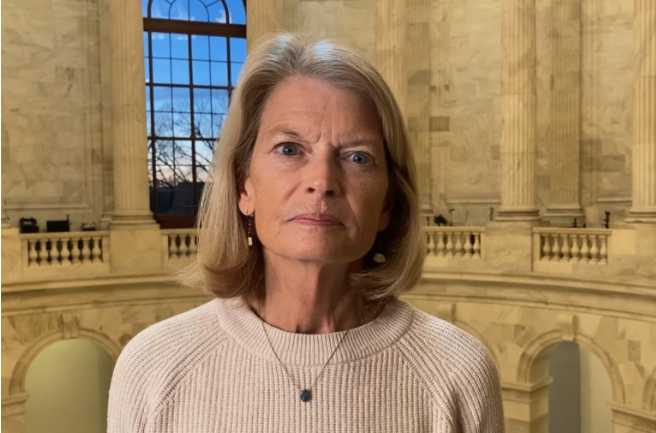WASHINGTON D.C.-The FCC voted on October 27 to reform the USF, part of a major effort to overhaul a system that was designed in the early days of the Internet, when services came through dial-up phone lines. Alaska’s U.S. Senators Mark Begich and Lisa Murkowski, along with Representative Don Young, have all worked for months to educate the FCC about the challenges of rural Alaska and the need to continue to invest in communications infrastructure in the state.
“I was pleased to host FCC Chairman Julius Genachowski in Alaska this summer so he could see first-hand the challenges we have in bringing rural Alaska into the modern world in terms of broadband, Internet and all of the important communications technology we need to stay competitive,” Begich said. “As we continue to build out our telecommunications infrastructure, we need sustained investment to make sure all of our communities have broadband capabilities like the rest of the country enjoys.”
“Nearly 40% of Alaska’s land area doesn’t have reliable high speed broad band internet,” Murkowski said. “If Virginia, West Virginia, Kentucky, North Carolina, South Carolina and Tennessee had 20th Century internet access, there would be an uproar – but that’s the size of the area we’re talking about for Alaska. Rural residents and Alaska’s first people should not be getting second-class service.”
“We cannot afford to use a one-size-fits-all approach when making changes to our communications infrastructure,” said Young. “There are too many rural communities and villages that are just now seeing the benefits of 21st century technology and it is crucially important that the FCC remember that as they seek to reform the Universal Services Fund. As the Co-Chair of the newly founded House USF Caucus, I will continue to work to ensure that Alaska receives the same level of commitment that other, more populated states are receiving.”
The FCC’s language of the adopted order has not been formally published, but delegation members have fought and are continuing to fight to ensure that the concerns of Alaskans are addressed and the FCC has a unique reform path with long-term support mechanisms for rural America. As the job of bringing mobile wireless and broadband services to numerous rural Alaska communities continues, delegation members will work with the FCC, Alaska carriers and rural Alaskans to make sure the reform measures don’t adversely impact Alaska.






